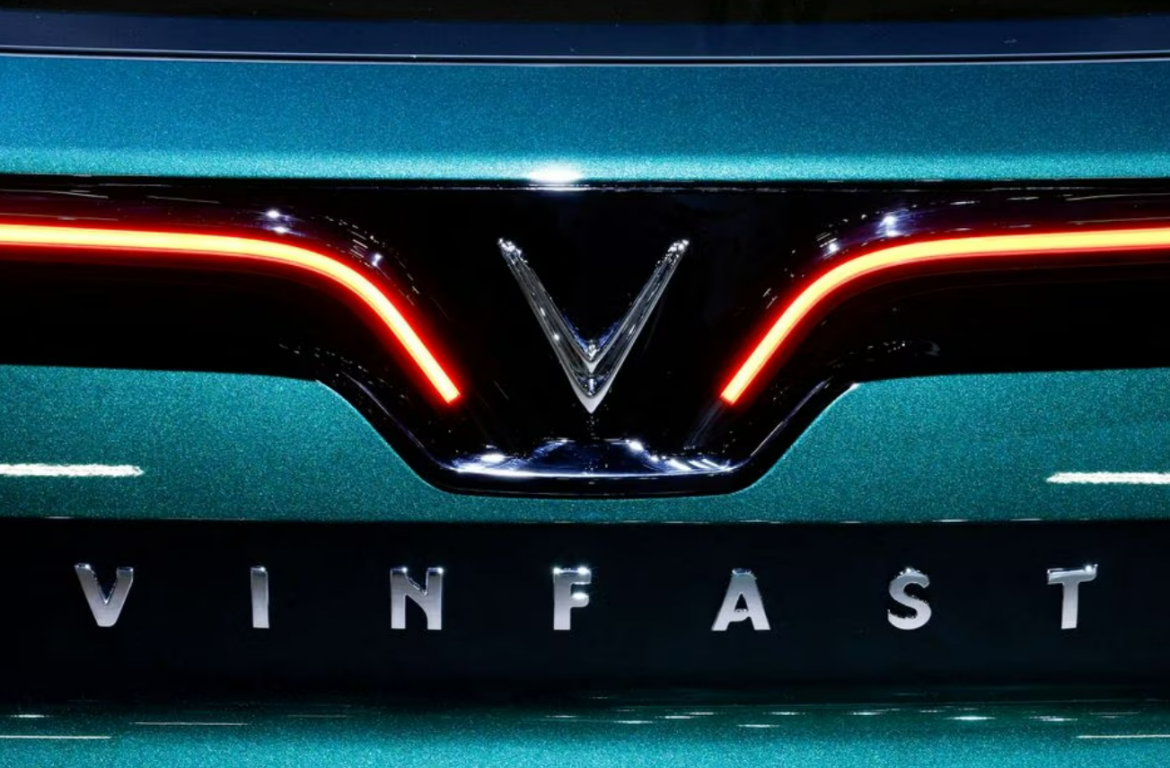VinFast plans to leverage local assembly and competitive pricing to achieve a peak capacity of 50,000 units in its inaugural year of operations. The Vietnamese electric vehicle manufacturer, known as a competitor to Tesla in the EV sector, has pivoted from its original strategy of exclusively importing EVs into India. Instead, VinFast will introduce locally assembled models, beginning with production at its new factory in Tamil Nadu slated to commence in the first half of 2025—six months ahead of schedule.
According to a report in ET, VinFast aims to debut its first locally assembled car during the 2025 festive season, priced between Rs 25-30 lakh. Positioned in the premium affordable segment of India’s expanding EV market, these models are expected to offer a driving range of 300-500 kilometers.
By opting for the completely knocked down (CKD) route, VinFast can circumvent high import duties, thereby ensuring competitive pricing in India. The country imposes steep import tariffs, including a 100% duty on car models exceeding a CIF value of USD 40,000 and 70 per cent on those below. In contrast, CKD kits face a more manageable 15 per cent duty.
VinFast anticipates that its localized production and competitive pricing strategy will enable it to ramp up to a peak capacity of 50,000 units in its inaugural year. The company projects India’s nascent electric car market to grow from 90,000 units in 2023 to 150,000 units by the end of the current calendar year. VinFast plans to outline its Indian market strategy at the Bharat Mobility Global Expo scheduled for January 17-22, 2025.
A source highlighted the confidence boost among suppliers, dealers, and buyers due to the local assembly approach. VinFast intends to allocate the savings from reduced duties towards brand building and marketing initiatives. While VinFast’s Indian venture is independent of the government’s new EV policy, the company eagerly awaits policy guidelines to potentially leverage incentives outlined in the recent announcement.
VinFast has committed to investing over Rs 4,150 crore (USD 500 million) over the next five years to construct a manufacturing facility near Chennai, spread across 400 acres. This facility, part of the company’s agreement with the Tamil Nadu government, will boast an annual production capacity of 150,000 units during its initial phase, supporting an estimated workforce of 3,000 to 3,500 employees.



